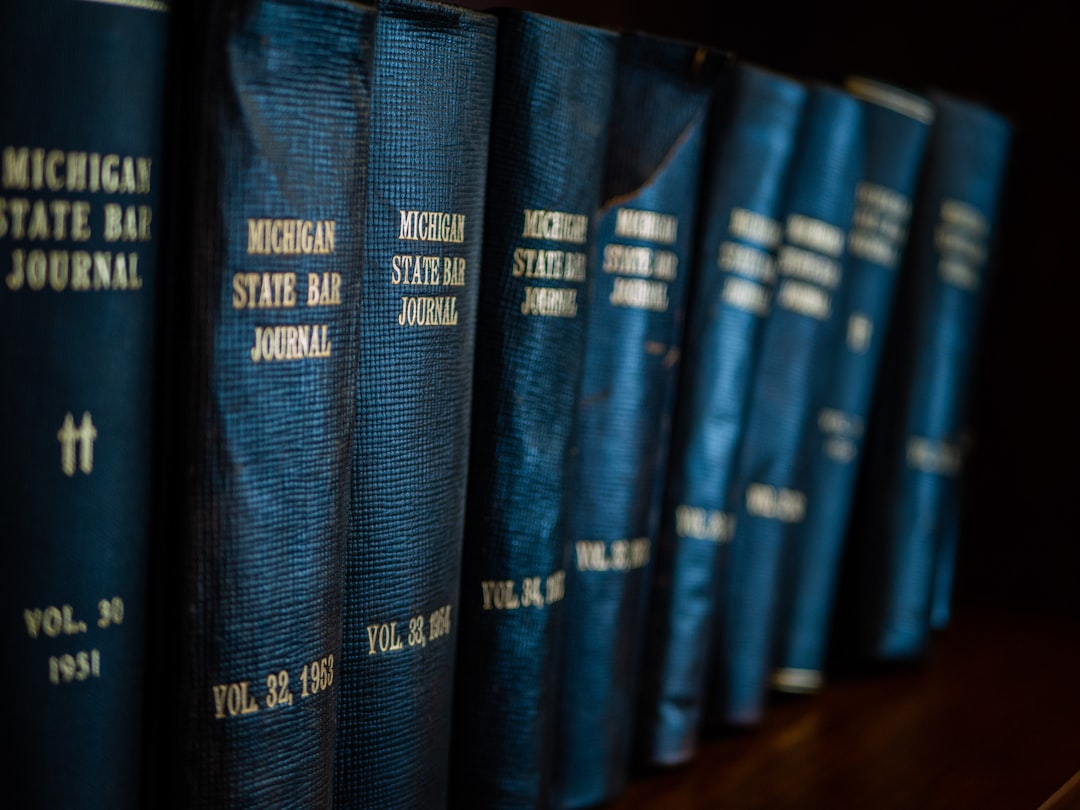Child abuse law firms in Los Angeles CA navigate complex legalities to protect minors and seek justice. They utilize medical evidence, witness testimonies, and expert opinions, collaborating with professionals to prove abuse beyond a reasonable doubt. Expert witnesses, like psychologists, provide crucial assessments and testimony, ensuring just decisions for abused children.
In Los Angeles, navigating the complex landscape of child abuse laws is crucial for justice. This guide delves into the intricacies of proving child abuse in local courts. Understanding California’s child abuse statutes forms the foundation, highlighting legal definitions and protections. We explore the importance of expert witnesses and therapists in substantiating claims. Legal evidence requirements are dissected to help parents, advocates, and the legal community navigate this sensitive process. For those seeking answers, a child abuse law firm in Los Angeles CA offers essential support.
Understanding Child Abuse Laws in Los Angeles

In Los Angeles, child abuse laws are designed to protect minors from any form of physical, emotional, or sexual harm. A child abuse law firm in Los Angeles CA plays a crucial role in navigating these complex legal landscapes. These laws extend to various incidents, including neglect, battery, and exploitation, with strict penalties for offenders. Understanding the nuances of these laws is essential for both victims seeking justice and professionals aiming to enforce them.
Los Angeles courts employ a multifaceted approach to prove child abuse, relying on medical evidence, witness testimonies, and expert opinions. A competent child abuse law firm in Los Angeles CA guides clients through this process, ensuring their rights are protected and that the best interests of the child are served. They collaborate with medical professionals, law enforcement, and social services to gather compelling evidence that can lead to legal consequences for abusers.
Legal Evidence and Proof Requirements

In Los Angeles courts, proving child abuse requires a robust and detailed legal strategy. The process involves presenting compelling evidence that meets the stringent standards set by California’s child abuse laws. Legal professionals specializing in child abuse cases understand the nuances of these laws and work diligently to gather and present proof. This includes medical records, eyewitness testimonies, and expert opinions from healthcare providers, psychologists, or social workers who can attest to the abuse based on their professional assessments.
The burden of proof lies with the prosecution, who must demonstrate beyond a reasonable doubt that an abusive act occurred. A child abuse law firm in Los Angeles CA typically employs a multifaceted approach, utilizing legal evidence such as video recordings (if available), photographs of injuries, and detailed reports documenting the child’s history and interactions with alleged perpetrators. This comprehensive strategy ensures that every aspect of the case is meticulously examined, providing a clear and convincing narrative for the court to consider.
The Role of Expert Witnesses and Therapists

In cases involving suspected child abuse, expert witnesses play a pivotal role in guiding Los Angeles courts towards just decisions. These professionals—including psychologists, psychiatrists, and licensed therapists—are often called upon to offer specialized knowledge and insights that may not be apparent to laypeople. They conduct thorough evaluations of the child’s mental state, past experiences, and behavioral patterns, providing detailed testimony that helps establish a clear picture of any abuse or trauma. Their expertise is crucial in child abuse law firms in Los Angeles CA, where the goal is to protect vulnerable children and ensure they receive the necessary support and justice.
Therapists who specialize in childhood trauma are particularly valuable, as they can offer firsthand accounts of a child’s emotional and psychological state. Through therapy sessions, these professionals gain unique insights into potential abuse patterns, the impact on the child’s development, and any long-term effects. Their evidence-based assessments help courts understand the complexities of child abuse cases, enabling them to make informed decisions that prioritize the child’s best interests and well-being.






